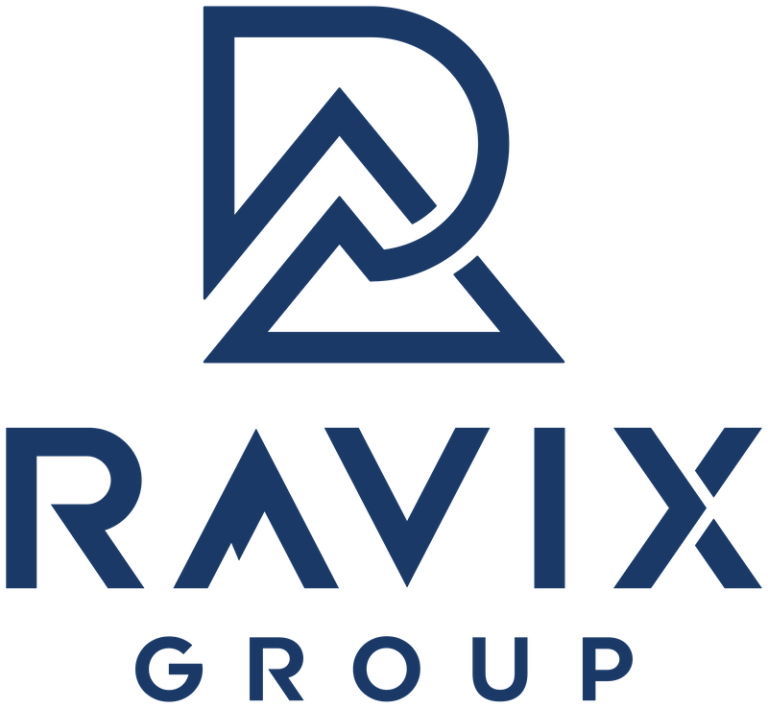In the combustible landscape of Silicon Valley startups, they call me Dr. Doom. Not a nickname I picked, but it’s stuck, and in a twisted way, I’m fond of it. To some, I’m the last phone call when the walls are caving in; to others, I’m the first step towards a fresh start.
It was a particularly biting Tuesday when I got the call. No amount of caffeine in my system could’ve prepared me for the desperation on the other end of the line. “Dr. Doom, it’s Sebastian.” The voice was trying hard to stay buoyant amidst a sea of troubles. Sebastian was the kind of leader who thrived on control, but now he was grappling with a reality that refused to bend to his will.
His company, CodeMason, was supposed to be a breakthrough in DevOps, but fate had other plans. A botched M&A had left him staring down a $5 million abyss, with only two months to make something happen. They don’t teach you how to handle that in business school. When I walked into CodeMason’s offices, Sebastian was there, nervously pacing. We cut to the chase—time was bleeding out, and pleasantries wouldn’t stitch the wound.
I looked at my notes:
- Failed M&A due to ???? Founder unsure
- $5 million in debt
- Employees working on side projects
- 2 months of runway
Turnaround or Wind-Down?
I took apart the financials, and it was clear—the company wouldn’t make it, this is a business wind-down. But the carcass was worth something. The key was to act fast and smart. There was the software—innovative, robust, a lifeline if sold to the right buyer. The CRM data was a gold mine of well-kept industry contacts and insights. And then there was the team, a small group of developers whose expertise was invaluable.
I wasn’t sure we could find a buyer, not knowing much about dev ops, but after a long meeting with Sebastian and his VCs, we created a list of suspects. We sent out an email to all their M&A and Biz Ops teams announcing an auction. It worked. The software found a new lease on life with a tech giant. Here’s what we sold:
- The Software IP: Sold to a major tech giant
- The CRM data: Sold to a data analytics firm
- The Development Team: They happily got absorbed by the very conglomerate that bought the software
- Office Furniture & Equipment: Computers, monitors, chairs, desks, all sold
When it was all said and done, we’d pared the debt down to $2 million and settled it. Sebastian was no longer at the helm of his own ship, but he wasn’t sunk. He’d retained his honor and the means to rebuild.
They say I perform autopsies on dying companies, but that day, it felt like I’d done something more akin to organ donation. And as for Sebastian, I had a hunch he’d bounce back. Men like him always do.
As he looked at me, something like respect in his eyes, he said, “I thought you were the grim reaper when you walked in.”
I cracked a smile. It was rare for me. “Sometimes, the reaper is just someone planting seeds for a new beginning. Don’t lose my number.”
In Silicon Valley, every ending is a precursor to another’s beginning. I understand that well. Another company’s chapter closed, but with a twist—less doom, more dawn. And that’s just another day’s work for Dr. Doom.
Have questions about wind-down? Meet with one of our Ravix Group Chief Restructuring Officers today. Receive a free Wind-Down Playbook & get clarity on what type of wind-down is right for your VC-backed start-up. Contact us for a free hour consult:
[hubspot type=”form” portal=”43405270″ id=”301e4114-4df7-42d0-9797-5fe1999d47d9″]



